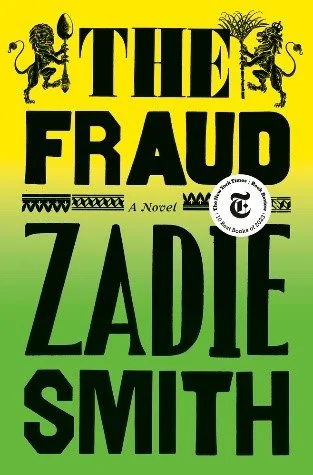Zadie Smith, The Fraud
/Zadie Smith is fed up. Her most recent novel, The Fraud, is about a famous criminal trial of a potential grand fraud and his obsessed followers, about the bombastic pettiness of the literary world (in 19th century London, but…), and also about the historical crimes and disasters that take place while we’re looking elsewhere, or that we’re seeing through our own layers of misinformation. In particular, she’d like us to actually face up to our tendency to place ourselves and our preferred stories about the world at the center of everything. She is, however, fed up in a particularly Zadie Smith way: insightful, nuanced, hilarious. She’s not just judging bad behavior, she’s curious about confusion and self-delusion. She wants to know everyone’s stories, and though she definitely has opinions, she understands how and why we get it so wrong. Which doesn’t stop her from being wicked funny about pretension, self-inflation, and the excuses we make for ourselves.
Read More


